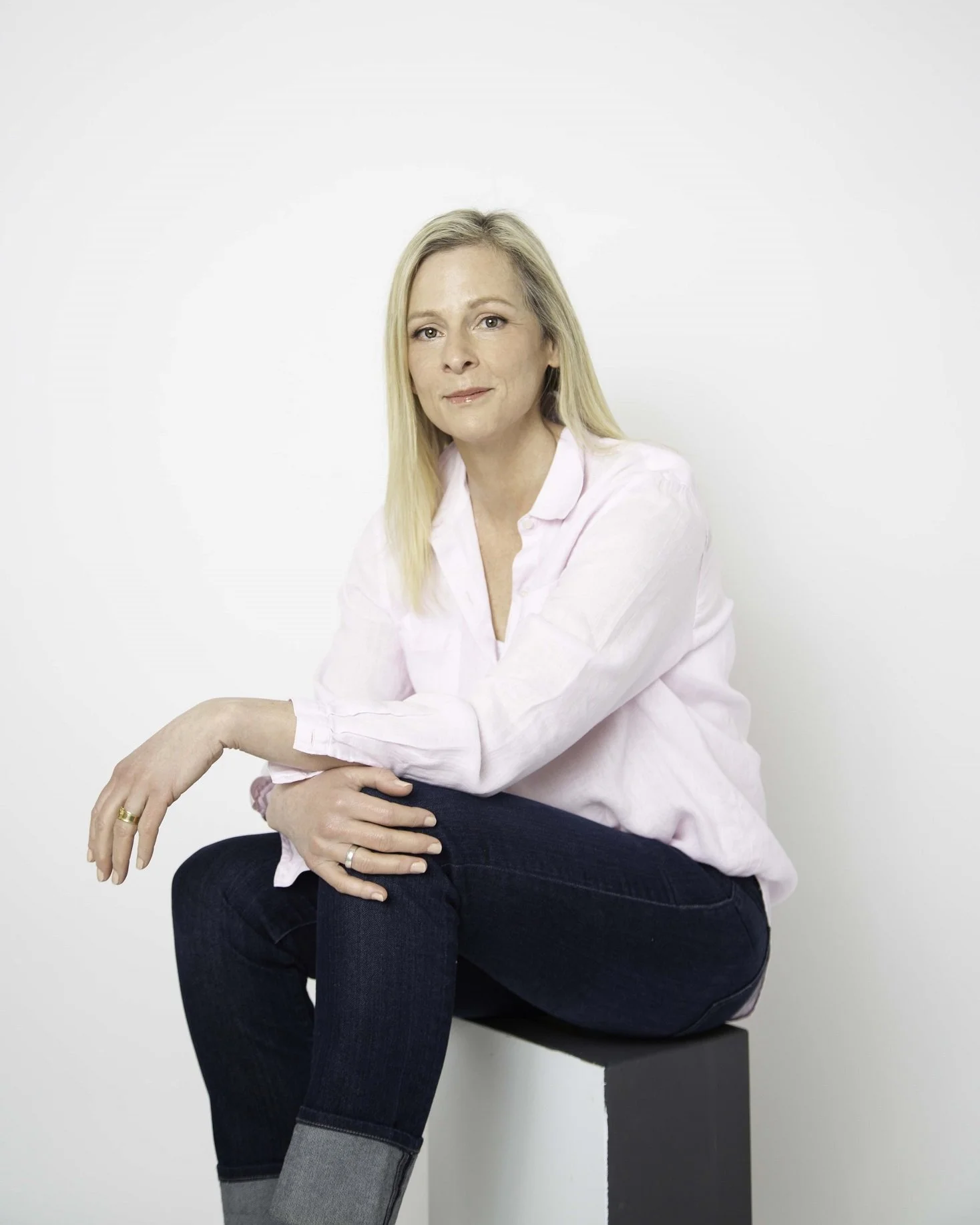Using anger for positive change
/Keywords
Resilience – Anger – Change – Abuse – Personal Growth – Speaking Up
In this episode of Resilience Unravelled, Alyse Maslonik shares her inspiring story of overcoming poverty and domestic abuse to become a successful advisor. Despite facing numerous hardships in her life, Alyse maintains a positive perspective by focusing on the good people and communities around her. She discusses the importance of resilience, how anger can be transformed into a tool for growth, how past experiences shape us as people, and how women are often discouraged from expressing anger. She shares her personal experience with abuse and how she had to transform her anger into something positive.
Alyse also highlights the need for funding social programs to prevent future problems and save lives and touches on the societal pressures that prevent women from speaking up for their rights and changing the status quo. The mission of her organisation RedefinED Advisors is to redefine education in the United States, particularly for underprivileged students. The organisation raises funding for public school students who are failing due to lack of resources and provides scholarships for those experiencing financial hardships or trauma.
Main topics
The idea of resilience and how it can be learned.
How anger can be used as a tool for good.
The importance of learning from past experiences.
RedefinED Advisors, and their work in the education sector.
The need for action and creating actionable items to create change.
Why women are discouraged from expressing anger
Timestamps
1: Introductions Russell introduces Alyse Maslonik. They briefly discuss Elise's upcoming appearance on the news and her recent achievement. Elise talks about her background and starting her life in a domestic abuse shelter. - 00:00 to 01:50
2: Resilience and Overcoming Adversity. Russell and Alyse discuss the importance of resilience. They talk about how people can rise above difficult backgrounds and use their past experiences to propel themselves forward. Elise shares her own story of going through a criminal trial after experiencing abuse. They discuss the idea that people should not be ashamed of their anger. - 04:46 to 13:49
3: Redefining Education and Scholarships. Alyse talks about her organisation, RedefinED Advisors, and their mission to provide scholarship funding for underprivileged students. Russell and Alyse Elise discuss the importance of education and scholarships. They briefly touch on Elise's upcoming book. - 25:08 to 29:46
4: Taking Action and Creating Change. Russell and Alyse discuss the need for action to create change. - 31:07 to 32:39
Action items
Alyse’s book, "The Anger She Keeps," focuses on using anger as fuel for positive change.
Find out more at https://www.linkedin.com/in/redefiningeducation/
You can listen to the podcast in full and find out further information here. Our upcoming guest list is also available along with our previous blogs.
Find out more about our innovative Resilience and Burnout solutions.










